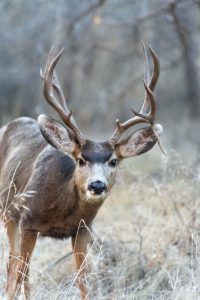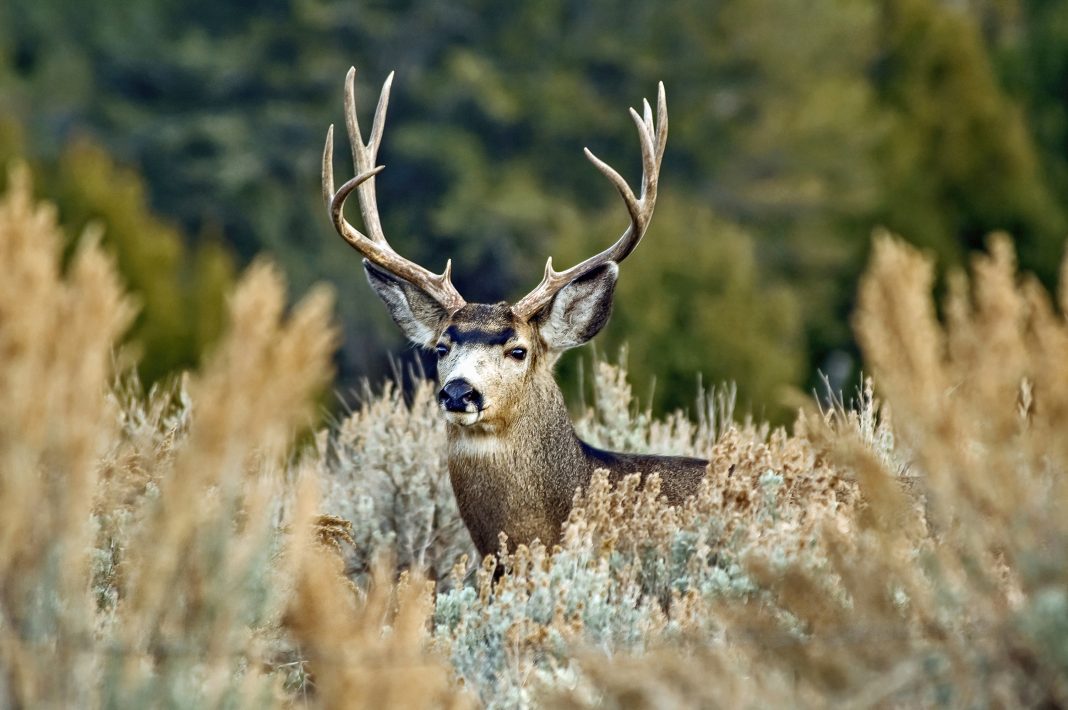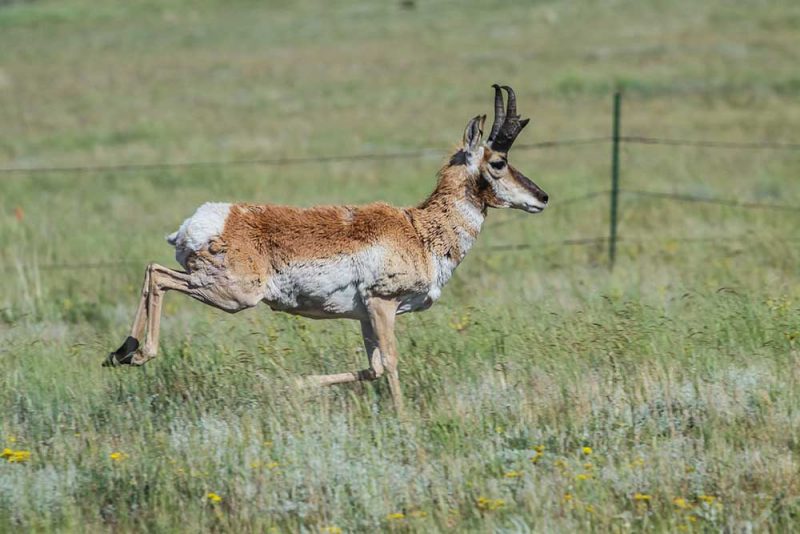UTAH WILDLIFE BOARD APPROVES PRICE INCREASES – Across the country we’ve seen an increase in costs. Whether it’s building cost to build a home or gas prices at the pump, inflation is hitting every business and individual. The Utah DNR is not exempt from the inflation and the cost of operations has increased. Due to these increases, the Wildlife Board has approved an increase in license and permit fees.
Hunting and Fishing Fees
The Wildlife Board reviews hunting and fishing fees on a regular basis to determine if the fees are in line with operating costs. The last fee increase for residents of Utah was in 2014, and the previous increase for non-residents was in 2020.
The license and permit fees in Utah go directly into wildlife management and conservation within the state. The Utah DNR utilized these funds to provide the hunting and fishing that we all enjoy. They also do it with little help from the state’s general fund.
“The license and permit fees are the primary source of funding for the labor, fuel, materials, goods and services we need to help us manage the state’s fish and wildlife,” DWR Administrative Section Chief Kenny Johnson said. “In recent years, costs for all those essentials have increased substantially. We also did an analysis to compare hunting and fishing licenses and permits with other Western states, and this fee increase will make our prices more comparable. We appreciate the continued support for wildlife conservation in Utah from all the license holders.”
Planned Increases
The Wildlife Board met on August 25th, 2022 and approved the increases to both residents and non-residents for the 2023 season. The changes are as follows:
Core resident licenses and permits — such as 365-day fishing, hunting and combination licenses as well as general-season deer and elk permits — increased by $6. Extensions and multi-year permits will remain $1 less. (For example: A resident combination license — currently $38 — will increase to $44, with an extension or multi-year license available for $43.)
Non-resident hunting licenses will be increased to $120 and non-resident combination licenses will be raised to $150.
Some fees were considered individually for a market adjustment that would either bring the DWR in line with surrounding states or right-size a fee — based on equity — for the type of permit. (For example, swan and sandhill crane permits will now be aligned in price with the similar turkey permit. Likewise, fees for CWMU deer and elk permits will be right-sized to the appropriate limited-entry fee.)
Changing the price of the spot-and-stalk cougar permit to $10 and having the ability to purchase that permit during the online application.
Most other license and permit fees fall within the 10%-increase threshold.
Dedicated hunters will be able to pay $25 per hour for their first 16 hours, then $40 per hour for the remaining 16 hours.
The above bullet points were taken directly from the DNR’s website.
Impact on Hunters
Obviously, the price increase will directly impact hunters and
The above changes are proposed changes, and have only been approved by the Wildlife Board. They will also need to be approved through legislation by vote through the Utah Legislature.















